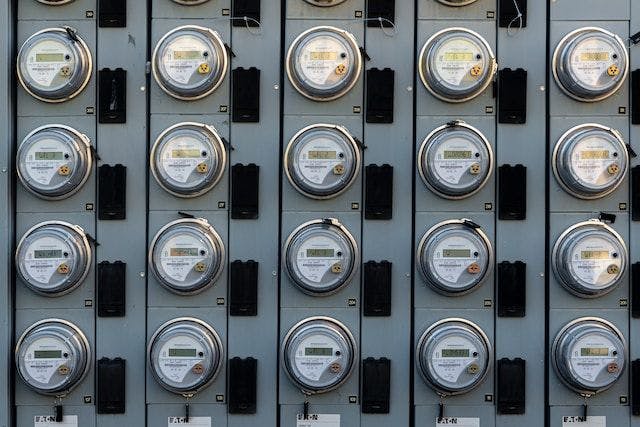As the utilities industry continues to evolve, new technologies are emerging that promise to revolutionize the way companies operate. One of the most exciting developments in recent years is Robotic Process Automation (RPA), which uses software robots to automate repetitive and time-consuming tasks previously performed by humans.
What is Robotic Process Automation?
RPA is a form of artificial intelligence that enables software robots to perform tasks traditionally carried out by humans. These robots can interact with computer systems and applications in the same way that a human would, allowing them to perform a wide range of tasks quickly and accurately.
There are numerous benefits of RPA, including increased efficiency, reduced costs, improved accuracy, and enhanced customer service. In this article, we explore some of the great use cases for RPA in the utilities industry and how it is transforming the way companies operate.
Streamlining Customer Service
One of the most significant benefits of RPA is its ability to streamline customer service processes. RPA can automate the handling of customer inquiries, such as billing questions, service requests, and complaints. By using software robots to handle these interactions, companies can reduce the workload of customer service representatives and ensure that customers receive timely and accurate responses to their inquiries.
Software robots can be programmed to recognize different types of customer inquiries and respond with appropriate information or actions. For example, a robot could automatically generate an email response to a customer inquiry or create a service ticket for a maintenance request. This can improve customer satisfaction and reduce response times.
Optimizing Operations
The utilities industry requires a high level of operational efficiency to ensure that services are delivered reliably and cost-effectively. RPA can be used to automate asset management and maintenance processes, such as equipment inspections, repairs, and replacements. By using software robots to handle these tasks, companies can reduce maintenance costs, improve asset reliability, and extend asset lifecycles.
Software robots can also automate data entry and analysis processes, which are often time-consuming and error-prone. By using RPA to handle these processes, companies can ensure that data is entered accurately and in a timely manner, and gain insights into operational performance.
Enhancing Regulatory Compliance
The utilities industry is subject to a wide range of regulatory requirements, which can be complex and time-consuming to manage. RPA can be used to automate monitoring and reporting processes, such as compliance checks, audits, and inspections. By using software robots to handle these tasks, companies can ensure that they are meeting regulatory requirements and avoid penalties or fines.
Software robots can perform regular checks and audits of various systems and processes, and generate reports that highlight any potential compliance issues. This can help companies identify and address issues before they become major problems, and ensure that they are meeting all regulatory requirements.
Increasing Efficiency and Cost Savings
The utilities industry is under pressure to reduce costs and increase efficiency while maintaining high levels of service quality. RPA can be used to automate supply chain management and procurement processes, such as inventory management, purchase order processing, and supplier management. By using software robots to handle these tasks, companies can reduce costs, improve efficiency, and ensure that supplies are available when needed.
Software robots can also automate inventory tracking and management processes, which can be time-consuming and error-prone. By using RPA to handle these tasks, companies can reduce waste, optimize inventory levels, and ensure that supplies are available when needed.
RPA is a powerful technology that has the potential to revolutionize the way that utility companies operate. By automating repetitive and time-consuming tasks, companies can increase efficiency, reduce costs, and improve customer service. Optezo’s End-to-End RPA Services offer everything utilities need to successfully automate key processes. Curious what Optezo can do for your organization? Get in touch with us today to learn how we can help you realize the benefits of enterprise automation.
